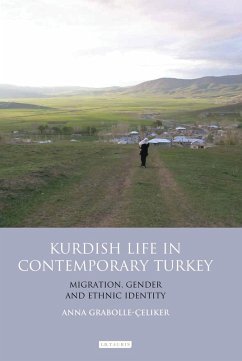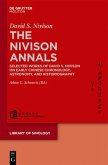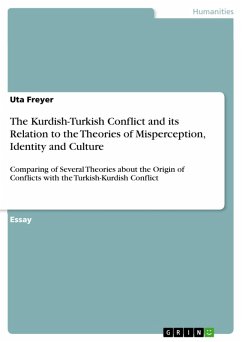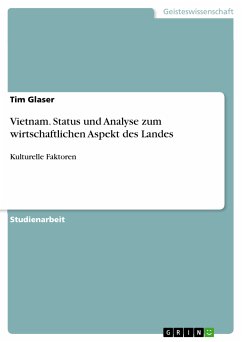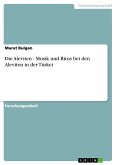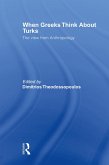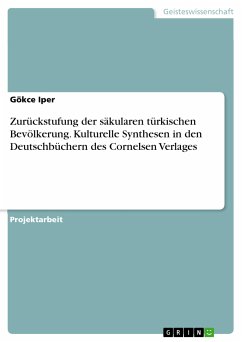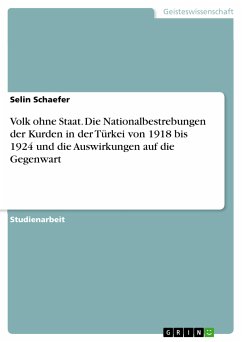The question of Kurdish identity and belonging is counted among the most controversial and challenging topics in modern Turkey. This book cuts to the heart of this debate in an exploration of shifting Kurdish identities brought on by extensive rural-urban labour migration. This has shaped the lives of many rural Turkish Kurds as competing discourses on religiosity, gender relations and social hierarchy redraw the boundaries of traditional life. The focus of this book is migration from Kurdish villages in eastern provincial Turkey to the regional capital of Van and to Istanbul in the west, what started with seasonal migration of young men in the 1980s and has resulted in whole families leaving their emptying villages behind. This pattern of migration has created translocational networks through which discourses are created, maintained and also challenged. Village life, for instance, becomes discursively romanticised or disparaged, depending on the situation of the migrant. These networks come to consist of people who share lineage membership or origin; migrants may activate these links for marriages, favours and political advantage.
At the same time, migration has led to more socio-economic differentiation between Kurds, and some have transcended ties based purely on ethnic origin. Increased education, both a motive for and a result of migration, has become an instrument of linguistic assimilation as families lose Kurdish as a language of communication and a marker of ethnic differentiation. 'Traditional' social paradigms characterised by a gender-age hierarchy and religious piety are challenged by and coexist with alternative gender roles and images. The everyday experiences of rural-urban migrants from Van province, on the south-eastern borders of the country, are central to this book, but they are inextricably linked to conflicting discourses on Kurdishness and the place of this minority in Turkey.
At the same time, migration has led to more socio-economic differentiation between Kurds, and some have transcended ties based purely on ethnic origin. Increased education, both a motive for and a result of migration, has become an instrument of linguistic assimilation as families lose Kurdish as a language of communication and a marker of ethnic differentiation. 'Traditional' social paradigms characterised by a gender-age hierarchy and religious piety are challenged by and coexist with alternative gender roles and images. The everyday experiences of rural-urban migrants from Van province, on the south-eastern borders of the country, are central to this book, but they are inextricably linked to conflicting discourses on Kurdishness and the place of this minority in Turkey.

